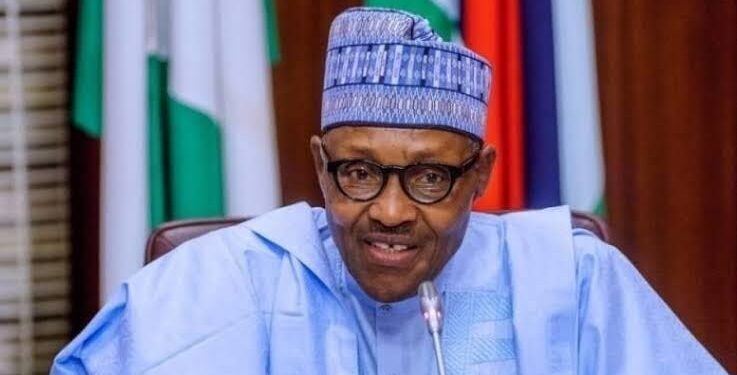Why Buhari Released N2.3 Trillion Stimulus Package To Nigerians For COVID-19: Vice President, Prof Yemi Osinbajo, has revealed that the Federal Government’s N2.3 trillion stimulus package was designed to mitigate the shock, tackle the vulnerabilities, create and protect jobs, as well as rescue businesses and reposition the economy.
The Vice President stated this in his keynote at the 61st annual conference of the Nigerian Economic Society (NES) themed “African Continental Free Trade Area (AfCFTA) in Post COVID-19 Era: What Next for Nigeria?”
“Our projections showed that without the stimulus, the economy was set to contract by -4.4% in 2020, but with implementation, including ramping up local production, we should be able to limit the negative growth to -0.59%. Let me be clear, our desire to ramp up local production is not a call to autarky but rather an expenditure switching approach which can complement the AfCFTA desire to deepen regional value-chains,” he added.
Referring to Nigeria’s experience with the COVID-19 pandemic, Prof. Osinbajo said, “indeed, one thing that has become clear from our experiences of the last few months is the need for a vibrant and successful AfCFTA.
“The pandemic has exposed our dependence on commodity exports to other parts of the world and on the import of manufactured goods from them.
“As at 2017, intra-Africa trade in goods was $135 billion, which was just about 15% of Africa’s total trade. This is in sharp contrast to trade in other regions, which is as high as 70% in the European Union and 60% in Asia.
“The imposition of export bans, including on food items by some countries and the disruption of global supply chains at the height of the pandemic, showed just how exposed and vulnerable African countries are because of limited productive capacity and a lack of regional value chains.”
The Vice President then noted some of the proactive steps taken by the Federal Government to participate effectively in the AfCFTA.
In his words, “…the Federal Government is investing heavily in power, road, rail and port infrastructure projects. It is also why we are taking active steps to improve the business environment and to facilitate trade across our borders, including through the implementation of the National Trading Platform or Single Window Project. Part of that project is the installation of scanners at our ports.
Read also: COVID-19 stimulus: 433,000 Nigerians, Businesses To Get N50,000, N30,000 Each
“Government also realizes, of course, that it needs to be able to enforce trade rules and apply trade remedies so that our partners in the AfCFTA, especially our neighbours, do not take undue advantage of our large market. You will be glad to know that the National Action Committee on the implementation of the AfCFTA, which is chaired by the Honourable Minister of Industry, Trade and Investment, is actively seized with these matters.”
He added that, “if the AfCFTA is to achieve the desired objectives, then it is also very important that Nigeria should push for the implementation of complementary programmes and protocols, including the Protocol on Free Movement of Persons, the pan-African payments system and other sectoral programmes.”
On the need for academics to be more involved in conversations that would deepen public knowledge and understanding of the economy, the Vice President called on members of Nigerian Economic Society to be more engaged in public policy debates.
He said, “I find every often that some public commentators make assertions that have no basis in economic theory or practice, and because they dominate the public space, they contribute to public misunderstanding of economic principles and their application to public policy. Some of you should take up the gauntlet and help to shape an informed and reasoned national discourse on the economy.”































